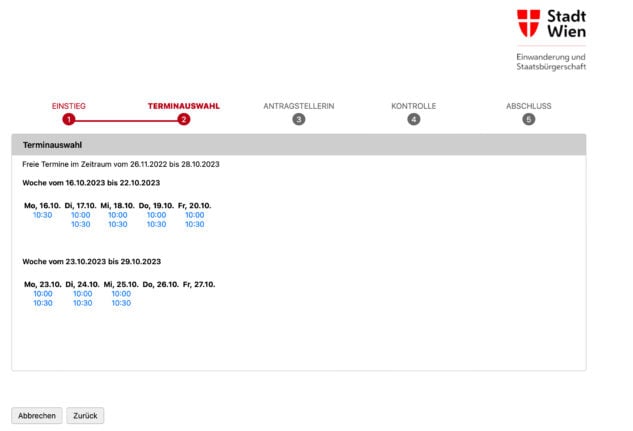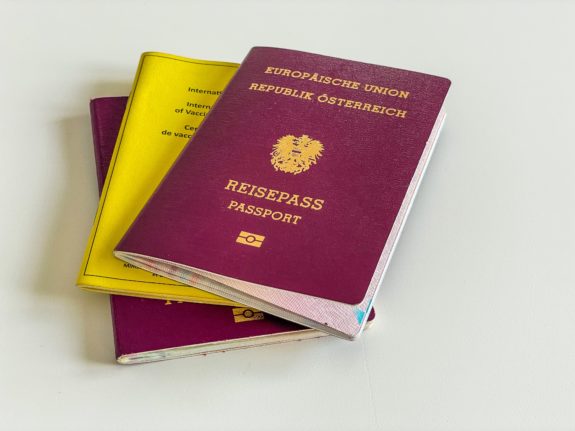The office for immigration and citizenship in Vienna, MA 35, is known for long waiting periods, delays and even mistakes being made in applications. It has recently received renewed criticisms as new appointments for Austrian citizenship were not open until mid-2023.
Things got even worse, and applicants now have to wait until October 2023 to get the first appointment. Only after this meeting will they receive another date (sometimes also a year later) to submit the documents asked.
READ ALSO: ‘Insensitive and inefficient’: Your verdict on Vienna’s immigration office MA 35
Green politician Aygül Berivan Aslan said the reform of MA 35 had “failed”. She said she welcomed the SPÖ’s push towards simplifying access to citizenship but felt that “theory and practice do not match”. Speaking in the Viennese parliament, she introduced a motion for a six-month evaluation of the office.
Aslan also proposed that in the case of delays of more than six months, citizenship costs should be waived for applicants.

How bad is the situation?
Not only do people have to wait months for a first talk and then months to submit documents, but once their part is done, the wait is not over. There are currently 3,800 procedures pending for more than half a year in the MA 35, Deputy Mayor and City Councillor for Integration Christoph Wiederkehr (NEOS) said.
He justified delays saying that the number of applications had risen by around 30 percent his year in Vienna – only last month, there were 600 appointments booked.
“The sharp increase can be explained by the eligibility of refugees from 2015 to apply for citizenship as well as by uncertainties caused by the war in Ukraine”, he said.
READ ALSO: ‘Bring everything you have’: Key tips for dealing with Vienna’s immigration office MA 35
He added that the goal would need to be “simplifying the procedures nationwide”. However, Wiederkehr also said there were reforms still being implemented in the MA 35.
Wiederkehr said: “On the part of the city, there are ongoing staff increases at MA 35. The training of the employees is so complex that it takes about a year.”
“In addition to the increase in staff, there was an analysis to optimise some work processes, as well as intensive training. Digitalisation is also being accelerated”, he added.



 Please whitelist us to continue reading.
Please whitelist us to continue reading.
Member comments